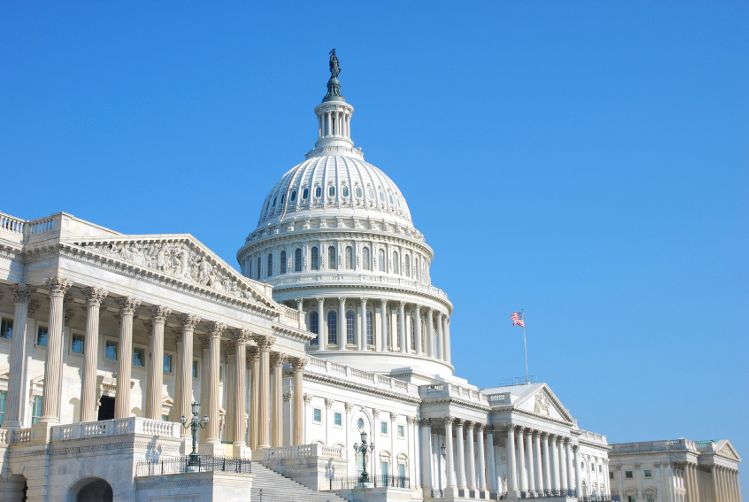Bipartisan House committee members sign letter expressing opposition to dietary supplement provision in FDA use fee reauthorization legislation
A bipartisan group of members from the House Energy and Commerce Committee has sent a letter to Speaker Nancy Pelosi and Minority Leader Kevin McCarthy requesting that the use fee reauthorization agreement not include the dietary supplement provision found in the FDA Safety and Landmark Advancements (FDASLA) Act.
Photo © iStockphoto.com/uschools

A bipartisan group of members from the House Energy and Commerce Committee, led by House Representative Jeff Duncan (R-SC), has sent a letter to Speaker Nancy Pelosi and Minority Leader Kevin McCarthy requesting that the use fee reauthorization agreement not include the dietary supplement provision found in the FDA Safety and Landmark Advancements (FDASLA) Act. In the letter, the group stated that the controversial dietary supplement provision establishing a mandatory product listing for dietary supplement would undermine the work of leadership and the Energy and Commerce Committee to keep the reauthorization bipartisan. The group also pointed out that the provision, modelled after the “Dietary Supplement Listing Act of 2022,” has not been subject to any hearings, or undergone the appropriate committee review and debate, making the use fee reauthorization an inappropriate vehicle for the provision.
Beyond process, the group cited several additional concerns regarding the provision, including the new “prohibited act” the bill would introduce. “The provision has nothing to do with the ostensible purposes of the bill,” states the letter. “What it would do is give FDA an administrative excuse to reject ingredients like CBD (cannabidiol) and NAC (N-acetyl-L-cysteine) from being marketed as dietary supplements, regardless of the science or history involved.”
The letter also cites security concerns about a public-facing database. “Currently, this type of information is available to FDA but is shielded from public disclosure under the Bioterrorism Act to protect it from falling into the hands of malicious actors seeking to introduce contaminants into the nation’s food supply,” the letter states. Finally, the letter argues that a new regulatory mandate without a compelling rationale is an irresponsible use of tax dollars ($33,000,000 over the next five years).
In response to the letter, Daniel Fabricant, president and CEO of the Natural Products Association (NPA; Washington, D.C.) stated: “We are pleased with the growing bipartisan opposition to this sneak attack on the dietary supplement industry and that Members of Congress want these costly and controversial add-ons to be shelved. Mr. Duncan has been a long-time champion for the dietary supplement industry and we are tremendously grateful for his support and to all those who signed this letter. This is the latest clear message that including dietary supplements in the final user fee agreement without any consideration under regular order is bad government, bad politics and a bad idea.”
FDASLA has no House companion bill, and Senator Richard Burr (R- NC), ranking member of the Senate Committee on Health, Education, Labor and Pensions (HELP) has introduced user fee reauthorization legislation that excludes the mandatory product listing provision. User fee reauthorization is “must-pass” legislation, therefore any provision slowing down its passage may be excluded from the final bill. However, whether the mandatory product listing provision is sufficiently unpopular remains to be seen.










Prinova acquires Aplinova to further increase its footprint in Latin America
April 7th 2025Prinova has recently announced the acquisition of Brazilian ingredients distributor Aplinova, which is a provider of specialty ingredients for a range of market segments that include food, beverage, supplements, and personal care.
Prinova acquires Aplinova to further increase its footprint in Latin America
April 7th 2025Prinova has recently announced the acquisition of Brazilian ingredients distributor Aplinova, which is a provider of specialty ingredients for a range of market segments that include food, beverage, supplements, and personal care.
2 Commerce Drive
Cranbury, NJ 08512
All rights reserved.

